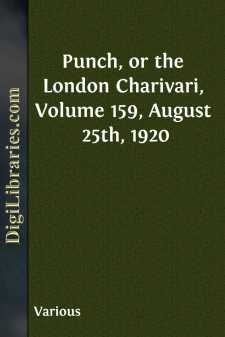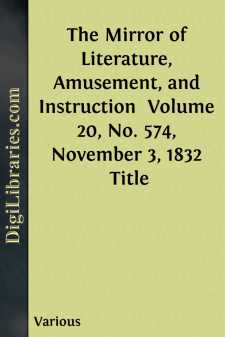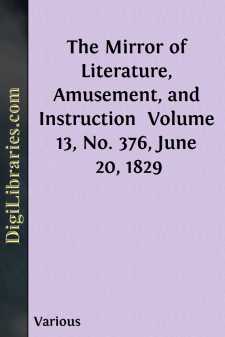Categories
- Antiques & Collectibles 13
- Architecture 36
- Art 48
- Bibles 22
- Biography & Autobiography 815
- Body, Mind & Spirit 144
- Business & Economics 28
- Children's Books 18
- Children's Fiction 14
- Computers 4
- Cooking 94
- Crafts & Hobbies 4
- Drama 346
- Education 58
- Family & Relationships 59
- Fiction 11835
- Games 19
- Gardening 17
- Health & Fitness 34
- History 1378
- House & Home 1
- Humor 147
- Juvenile Fiction 1873
- Juvenile Nonfiction 202
- Language Arts & Disciplines 89
- Law 16
- Literary Collections 686
- Literary Criticism 179
- Mathematics 13
- Medical 41
- Music 40
- Nature 180
- Non-Classifiable 1768
- Performing Arts 7
- Periodicals 1453
- Philosophy 65
- Photography 2
- Poetry 896
- Political Science 203
- Psychology 44
- Reference 154
- Religion 515
- Science 126
- Self-Help 85
- Social Science 83
- Sports & Recreation 34
- Study Aids 3
- Technology & Engineering 59
- Transportation 23
- Travel 463
- True Crime 29
Our website is made possible by displaying online advertisements to our visitors.
Please consider supporting us by disabling your ad blocker.
Punch, or the London Charivari, Volume 159, August 25th, 1920
by: Various
Categories:
Description:
Excerpt
IF WE ALL TOOK TO MARGOTRY.
[Mrs. Asquith's feuilleton, which for so many people has transformed Sunday into a day of unrest, sets up a new method of autobiography, in which the protagonist is, so to speak, both Johnson and Boswell too. Successful models being always imitated we may expect to see a general use of her lively methods; and as a matter of fact I have been able already, through the use of a patent futurist reading-glass (invented by Signer Margoni), to get glimpses of two forthcoming reminiscent works of the future which, but for the chronique égoïstique of the moment might never have been written, and certainly not in their present interlocutory shape.]
I.
From "First Aid to Literature."
By Edmund Gosse.
... Not the least interesting and delicate of my duties as a confidential adviser were connected with a work of reminiscences which created some stir in the nineteen-twenties. How it came about I cannot recollect, but it was thought that my poor assistance as a friendly censor of a too florid exuberance in candour might not be of disservice to the book, and I accepted the invitation. The volume being by no means yet relegated to oblivion's dusty shelves I am naturally reluctant to refer to it with such particularity as might enable my argus-eyed reader to identify it and my own unworthy share therein, and therefore in the following dialogue, typical of many between the author and myself, I disguise her name under an initial. Quis custodiet? It would be grotesque indeed if one whose special mission was to correct the high spirits of others should himself fail in good taste.
Mrs. A. (laying down the MS. with a bang). I see nothing but blue pencil marks, and blue was never my colour. Why are you so anxious that I should be discreet? Indiscretion is the better part of authorship.
Edmund (earnestly). It is your fame of which I am thinking. If you adopt my emendations you will go down to history as the writer of the best book of reminiscences in English.
Mrs. A. (with fervour). I don't want to go down to history. I want to stay here and make it. And you (with emotion)—you have cramped my style. I can't think why I asked you to help.
Edmund. Everyone asks me to help. It is my destiny. I am the Muses' amicus curiæ.
Mrs. A. Oh, blow Latin! (Lighting two cigarettes at once) What's the good of reminiscences of to-day, by me, without anything about L.G.?
Edmund. Dear lady, it would never have done. Be reasonable. There are occasions when reticence is imperative.
Mrs. A. Reticence! What words you use!
(Cætera desunt.)
II.
From "A Week in Lovely Lucerne."
By D. Lloyd George.
... I do not say that the mountains hereabout are not more considerable than those of our own beloved Wales, but as material to be employed in perorations they are far inferior. There is not the requisite mist (which may symbolise ignorance or obstinacy or any temporary disturbance or opposition), later to be dispelled by the strong beams of the sun (representing either progress generally or prime-ministerial genius or pure Coalitionism)....












